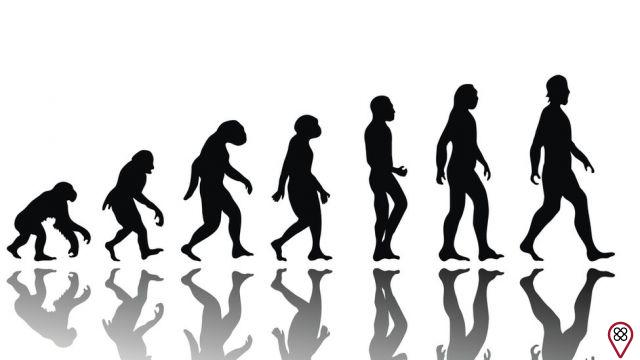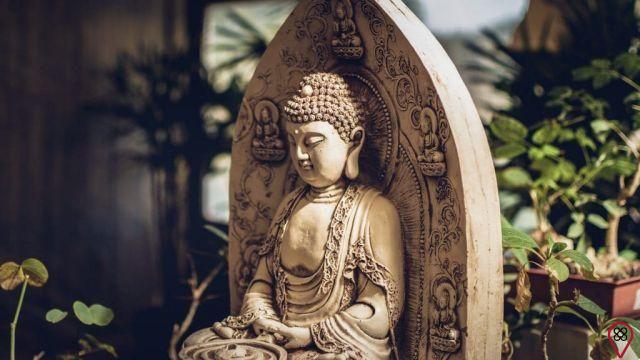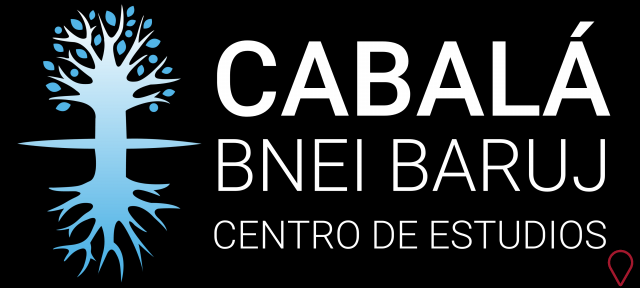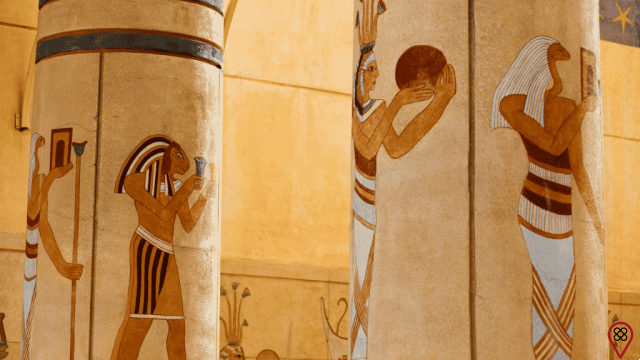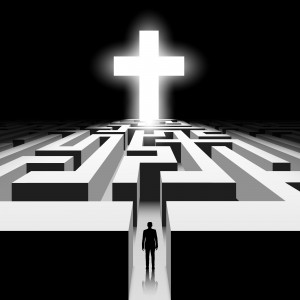“Our life is one with the eternal Buddha. The Buddha is nothing but our own life. When we have this great confidence, we are never at an impasse. We advance limitlessly, overcoming all suffering, all sadness and all inertia. […] There is nothing in our lives that we have not radically changed for the better” – Daisaku Ikeda.
The expression “be master of your mind” it was elucidated by the Buddha Nichiren Daishonin to his disciples in the 13th century, who questioned whether Buddhism was in fact their salvation.He said, "The Sutra says that you should become master of your mind rather than allowing your mind to dominate you."
Thus, his disciples determined never to be defeated by their weaknesses. Bringing this issue to the present day, our internal weaknesses such as discouragement, anger, sadness, envy and all sorts of negative feelings that delay life itself and produce only negativity, they live “in our mind”.
Everything starts from us and returns to us, and our mind is the “box” that stores and produces thoughts, words and actions, whether good or not.
Philosopher Ikeda points out: “The human mind is subtle. It changes according to the moment and in response to various circumstances. If we make our mind, which is always changing, our teacher, it will be difficult to follow a path of safe and continuous advancement. Instead, we must rely on the Law. We must make the Law our teacher and take as a parameter and example a correct practitioner of the Law. The way to manifest Buddhahood lies in the attitude of seeking the Law with a single, sincere desire, and in 'desiring to see the Buddha' with that same purity and seriousness.”
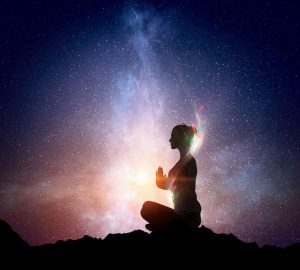 The answer to a life filled with mind control begins with prayer (or meditation). In this way, after the first step taken, actions are necessary for this goal to be achieved day after day:
The answer to a life filled with mind control begins with prayer (or meditation). In this way, after the first step taken, actions are necessary for this goal to be achieved day after day:
Objective: Make lists of goals and tasks that must be done in the short, medium and long term. When you wake up to sleep, be true to your goals. Don't lose focus. Whenever possible – preferably once a day – read your goals. Your mind will reaffirm them and you will always be in action;
Action: Remember that concrete actions lead to the achievement of goals. If you want to buy a new car, you will need to save money, save expenses and maybe sell the old one, for example. It's not about miracles or surprises. You must act in accordance with your principles and beliefs;
Optimism: Believe that you have the power to change your entire reality. You are invaluable to yourself and others. Always remember this. “Optimism with feet on the ground” makes us see reality and the opportunity to always change for the better;
Focus: Daniel Goleman is a psychologist and PhD from Harvard University. He states in his book “Focus” that when our mind is in an ideal state, that state in which you feel useful and prepared, we can get things done by doing our best:
“This ideal state of the brain to do a job well is marked by neural harmony — a rich interconnection of different areas of the brain. In this state, the circuits necessary for the task at hand are highly active while the irrelevant ones remain inactive, with the brain precisely targeted to the demands of the moment. When our brains are in this ideal zone, we surrender, performing in the best possible way whatever our goal is” (Revista Mente e Cérebro, Mar. 2014, p. 54).
Buddhism teaches that recognize the value of our lives, nature and people's lives, we get overcome barriers of mind and heart, eliminating negative thoughts and feelings day after day. It is a daily and precise work. The individual who values himself in these efforts will always be a master of his own mind, outlining his paths based on individual and collective happiness.
“The human mind is subtle. It changes according to the moment and in response to various circumstances. If we make our mind, which is always changing, our teacher, it will be difficult to follow a path of safe and continuous advancement. Instead, we must rely on the Law [pray/meditate]. We must make the Law our teacher and take as a parameter and example a correct practitioner of the Law. The way to manifest individual enlightenment exists in the attitude of seeking the Law with a single, sincere desire, and becoming master of your mind.” – Daisaku Ikeda.
Text written by Bruno Melo from the Eu Sem Fronteiras Team.






